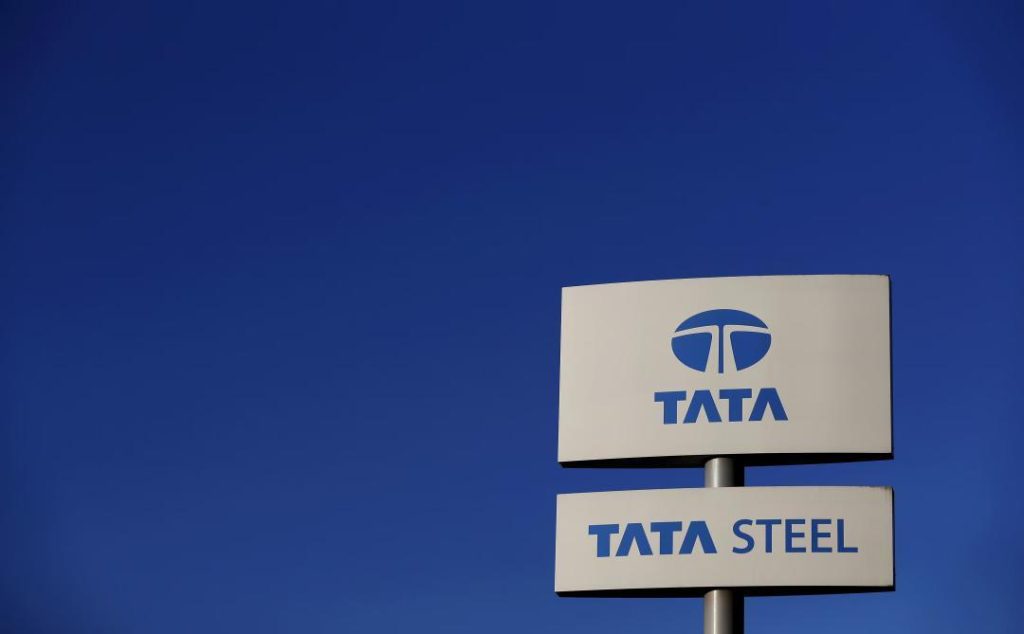
Tata Steel Receives ₹1,000 Crore GST Demand Notice
Tata Steel, one of India’s largest steel manufacturers, has received a show-cause-cum-tax-demand notice from the tax authorities over alleged irregular availment of input tax credit worth ₹1,000 crore between FY19 and FY23. The notice claims that the input tax credit was availed in contravention of the Goods and Services Tax (GST) Act.
According to the notice, Tata Steel is required to show cause before the Additional/Joint Commissioner of Central GST and Excise, Jamshedpur, within 30 days of receiving the notice. The company has been asked to explain why the input tax credit should not be recovered, along with interest and penalty.
The demand notice is a significant development, highlighting the importance of complying with GST regulations. The Goods and Services Tax (GST) is a consumption-based tax that was introduced in India in 2017 with the intention of simplifying and streamlining the tax regime. However, the tax authority’s notice indicates that Tata Steel may have availed of the input tax credit incorrectly, which could result in serious consequences, including the recovery of the amount along with interest and penalty.
The notice is likely to be a major concern for Tata Steel, as it could impact the company’s financials and reputation. The steel manufacturer has been facing challenges in recent times, including a slowdown in demand and a highly competitive market. The GST demand notice could add to the company’s woes, making it even more difficult to recover from the current challenges.
The case highlights the importance of proper compliance with GST regulations. It is essential for businesses to ensure that they are availing of the input tax credit correctly and in accordance with the law. Any irregularities or incorrect claims can lead to serious consequences, including audits, penalties, and even criminal prosecution.
The GST Act provides for a system of input tax credit, which allows businesses to set off the tax paid on inputs against the tax payable on output. However, the Act also provides for strict conditions and procedures for availing of the input tax credit. Businesses are required to ensure that they are following the correct procedures and adhering to the conditions specified in the Act.
Tata Steel’s case is not an isolated incident. In recent times, there have been several instances of GST demands being issued to businesses over alleged irregularities in the availment of input tax credit. The tax authority has been cracking down on businesses that are found to be violating GST regulations, and the trend is likely to continue in the future.
In conclusion, the GST demand notice issued to Tata Steel is a significant development that highlights the importance of compliance with GST regulations. The notice is a reminder that businesses must ensure that they are following the correct procedures and adhering to the conditions specified in the GST Act. Any irregularities or incorrect claims can lead to serious consequences, including audits, penalties, and even criminal prosecution. It is essential for businesses to be aware of their obligations under the GST Act and to take steps to ensure that they are complying with the regulations.






